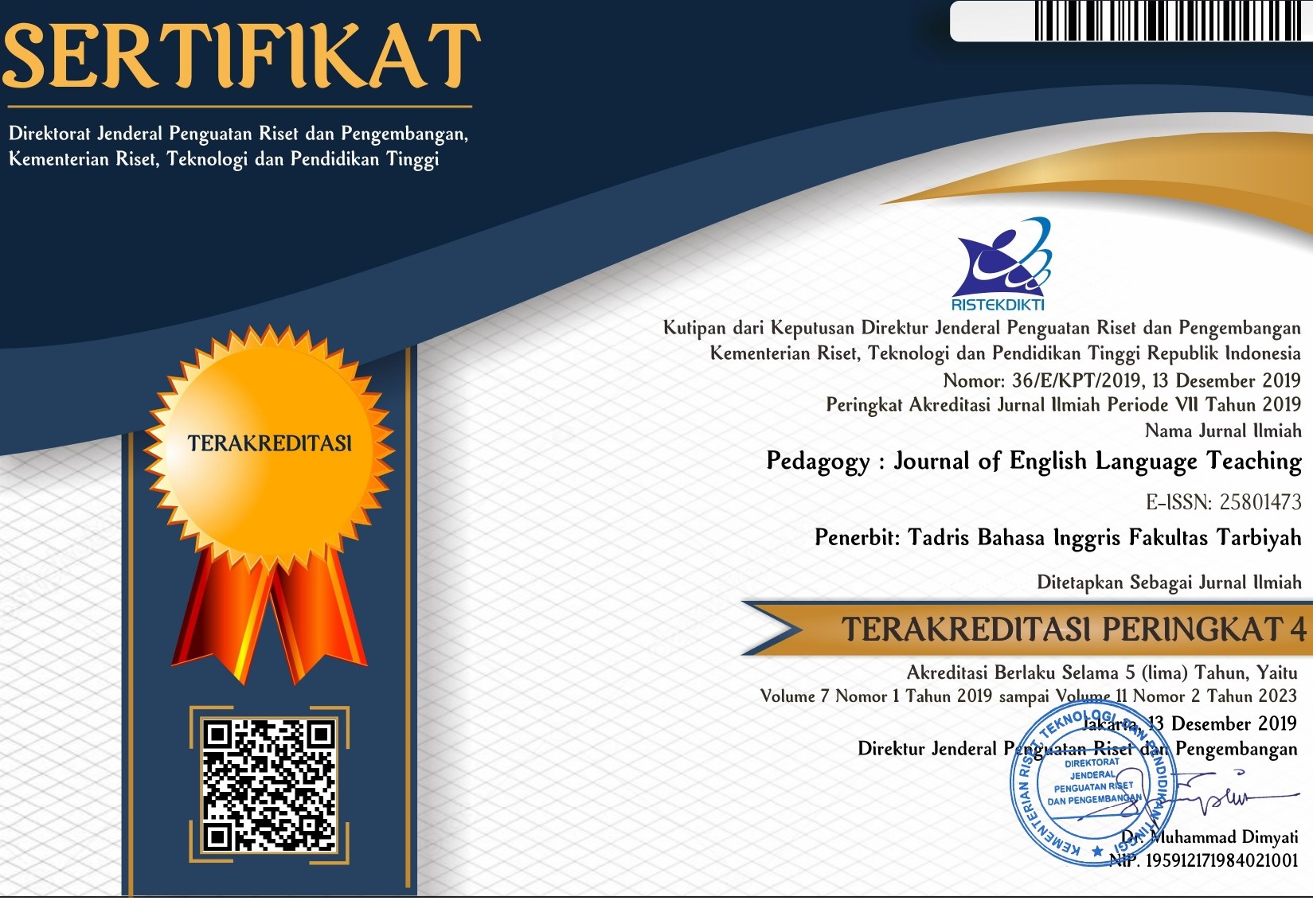A Resilience Path for English Teachers during Emergency Online Teaching
DOI:
https://doi.org/10.32332/joelt.v10i1.4603Keywords:
Continuous Professional Development, Emergency Remote Teaching, Realization, Reinvention, Reflection, ResilienceAbstract
Emergency Remote Teaching (ERT) take over education in many places of the world during the 2020 health crisis. However, ERT raised new concerns about teachers´ professional development and the personal resources they have used to solve challenges for the benefit of their students. This article attempts to explore how ELT college teachers developed resilience during Emergency Remote Teaching in 2020. This qualitative survey research analyzed the answers to a questionnaire to enhance the participants´ insights and reflections regarding the changes they have been required to make during the pandemic. The participants were two groups of ELT teachers; one was formed by fifteen Mexican college teachers and the second was a group of twelve international college teachers. Their paths during ERT were framed in a common pattern of Realization, Reflection, Reinvention, and Resilience which illustrated how teachers coped with a change of perspective towards education, the interaction with students, and the appropriacy of materials but also with their own emotions and their wellbeing. The article concludes with some insights to raise awareness of the Resilience path that teachers around the world have followed as a way to overcome the challenges imposed by COVID-19.
















